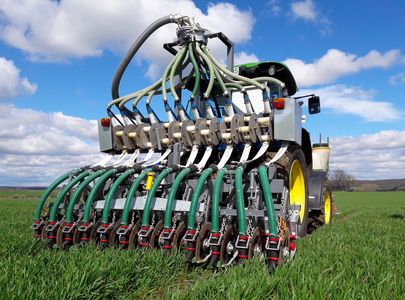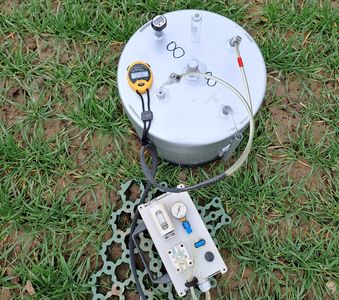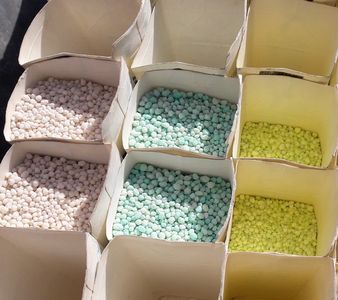Background
Almost 80% of the nitrous oxide (N2O) emissions in Germany originate from agriculture, with the largest proportion (around 60%) being caused by the use of nitrogen fertilizers. Both direct N2O emissions from the fertilized soil and indirect N2O emissions, caused by the discharge of reactive nitrogen compounds such as leaching of nitrate or the emission of ammonia, are important.
These loss pathways can be reduced by using nitrification inhibitors. As a result of the slower nitrification, both gaseous nitrogen losses and nitrate leaching are reduced. In addition to lower N2O emissions, improved groundwater protection and an increase in fertilizer efficiency can also be achieved. However, these advantages of using nitrification inhibitors are offset by some risks. The effect of nitrification inhibitors is very variable over time and space and is therefore difficult to estimate. Its utilization can affect yield and quality of the crop, in the medium to long term ecological effects may arise, e.g. on the microbial soil life, and the active ingredients can be discharged into the environment. Also, the necessary economic effort for the farmer has to be precisely evaluated.











